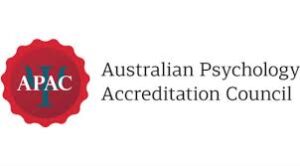Course Overview
Understand how people think, feel and behave within the context of a rapidly changing society. Our online Bachelor of Psychological and Social Sciences equips you with a deep understanding of human behaviour and the social forces that shape it. You’ll build practical, research-driven skills in psychology and social science, preparing you for real-world impact across diverse careers. Whether you’re passionate about mental health, community wellbeing, or social change, this degree gives you the tools to make a difference.
The Bachelor of Psychological and Social Sciences is the first 3 years of a 6-year pathway towards becoming a registered psychologist.
In this course, you will:
- Study contemporary theories of psychology, behaviour, and mental processes
- Explore how individuals function within broader cultural and societal frameworks
- Gain research and analytical skills valued in human services, policy, and health sectors
- Learn to apply evidence-based approaches to support communities and individuals
- Build a foundation for careers in counselling, community services, education, and beyond


